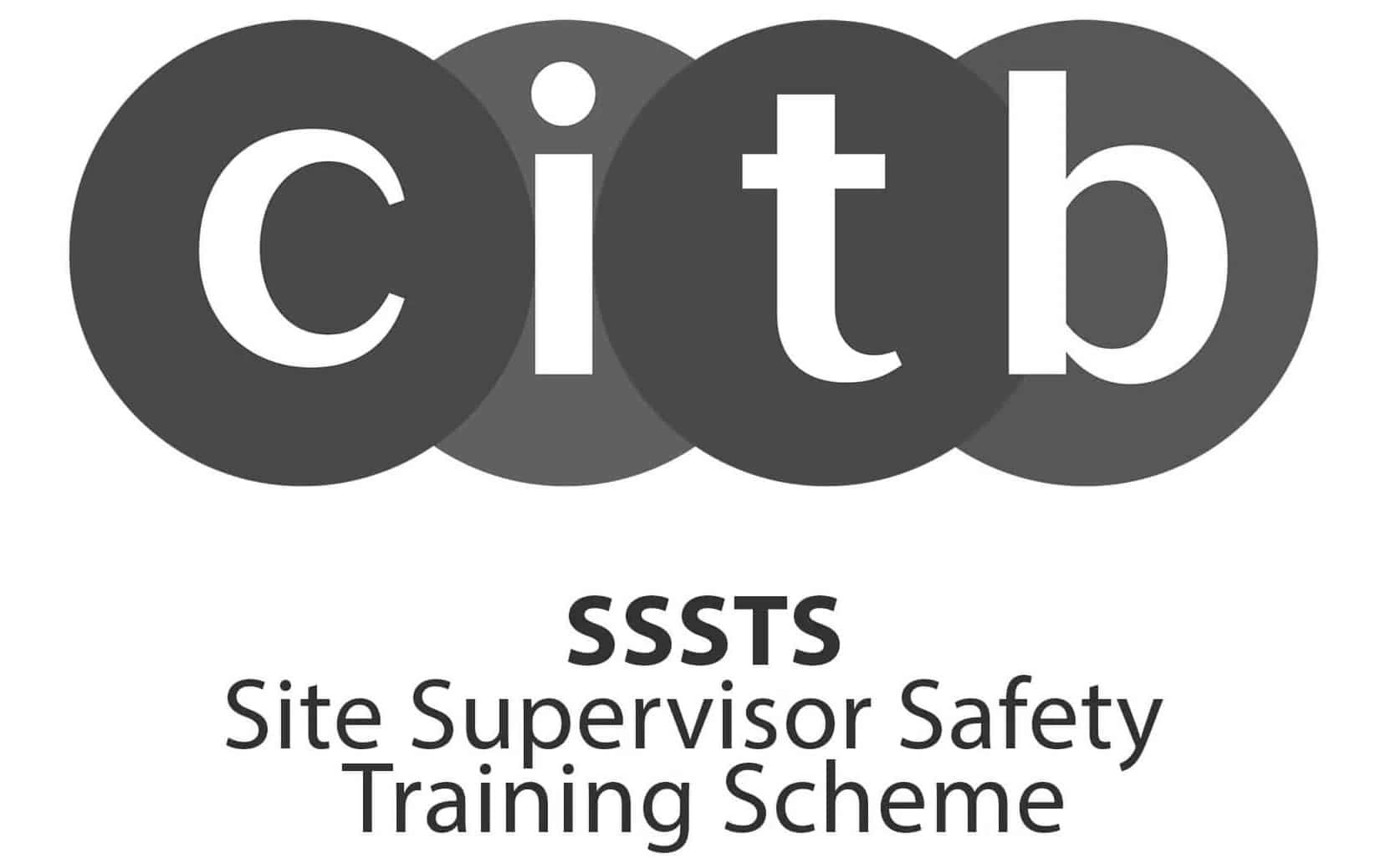Pests are found everywhere, from homes and offices to large corporations. However, the endless amounts of food and shelter make the food manufacturing industry more susceptible to pest attacks than any other sector.
Pests are the ultimate enemies of food manufacturing sites for several reasons. Besides contributing to unsanitary conditions, pests can also spread diseases, disrupt operations, and cause significant reputational damage.
In this article, you will discover the most common types of pest threats, understand the risks, and find out how to avoid them.
What’s the risk?
Legislation requires businesses in the food manufacturing industry to ensure that they have excellent food hygiene practices in place to protect against external sources of contamination, such as pests. If businesses fail to maintain adequate hygiene and prevent pest infestations, they may face hefty fines and sometimes even closure. Additional secondary risks include:
- Operational disruption leading to loss of revenue
- Significant hygiene concerns for customers and consumers
- Damage to property and equipment
- Contamination of food products
- Risk of illness and disease to employees and consumers
- Failed audits
- Loss of suppliers and customers due to reputational damage
Types of pests in the food manufacturing industry
Rodents – Mice and rats can carry serious diseases such as leptospirosis, which is deadly to humans. They also leave their unsightly and unsanitary droppings everywhere, which produces a strong odour that can lead to respiratory problems.
Insects – Mites, cockroaches, beetles, moths, and weevils usually make themselves at home inside ingredients and packaging. Infestations usually grow quickly as they thrive inside products such as flour and grains.
Flies – Flies are often difficult to control as they reproduce so quickly. Not only can they spread diseases such as typhoid fever, dysentery, and food poisoning, but they also contaminate food and packaging materials with their eggs.
Birds – Pigeons and gulls carry pathogens that spread diseases, and their nests are often infested with bird mites. In addition, birds leave unsanitary droppings that may create slip-and-fall hazards.
How to prevent pest issues in food manufacturing
At Real Cleaning, we believe prevention is better than cure. With regular deep cleaning and ongoing maintenance cleans, you can significantly reduce the risk of unwanted pests such as mice, rats, and pigeons in your food factory.
Additionally, not only will a professionally cleaned premises reduce the risk of an undesirable pest infestation, but it will also decrease the risk of contamination and provide a safe and pleasant working environment for your employees.
Our detailed food manufacturing cleaning services are specifically tailored to suit the food manufacturing industry’s requirements. Using food-safe methods such as dry steam and dry ice technology, our fully trained team can help you achieve a clean, hygienic, and safe food processing environment.
To speak to us about your cleaning requirements, please contact us or call our team on 0345 218 6126

















